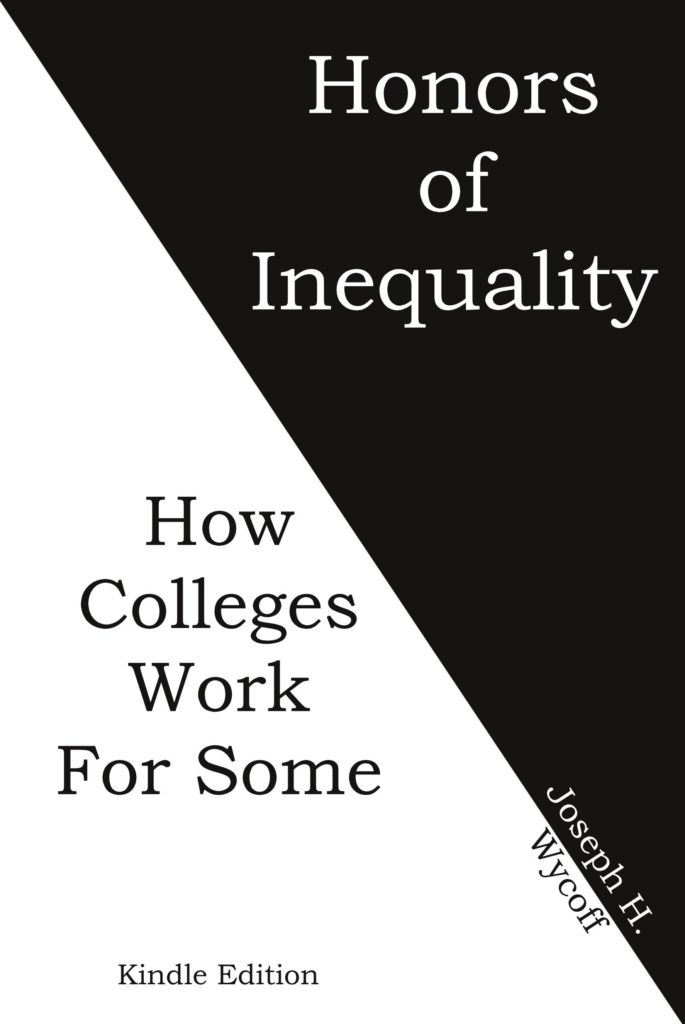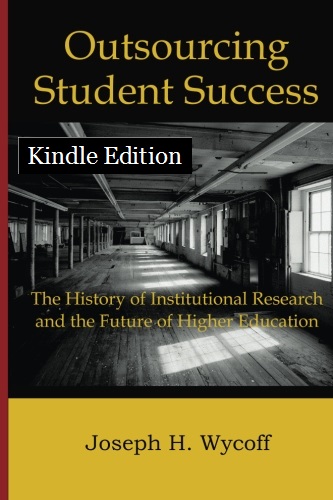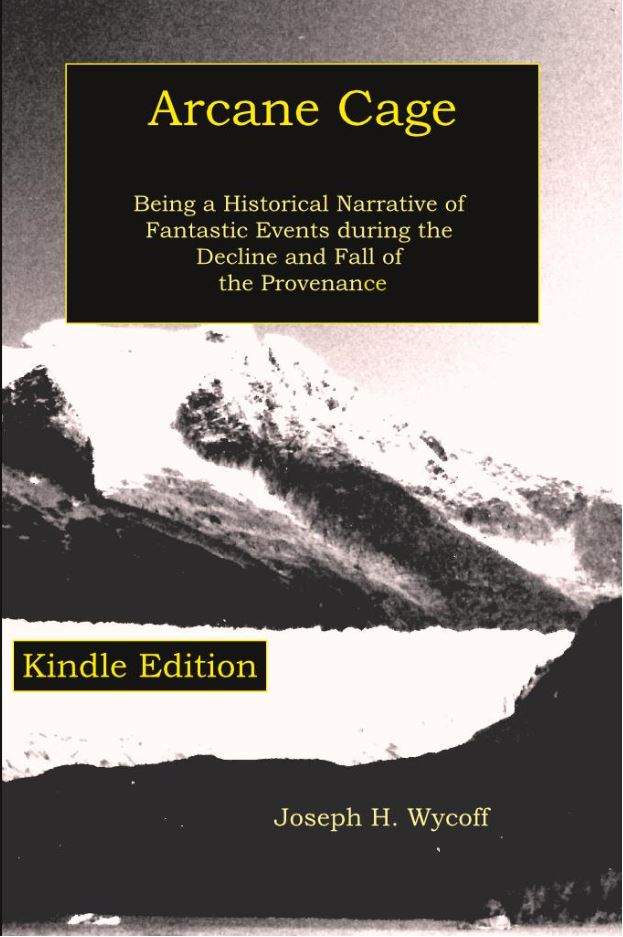Nonfiction | History of U.S. Higher Education
Honors of Inequality | How Colleges Work for Some
Intended Audience: General population, college-age or college-bound, including anyone who has taken out a college student loan or has an interest in higher education history and policy making in the United States.
Subject: Honors of Inequality is a history of higher education scholarship from 1960 to 2000. As an organized discipline or field of study, higher education is a relatively recent invention in the history of colleges and universities. Historians trace the origins of the modern university to the medieval era in Europe about 1,000 years ago. By comparison, the academic study of higher education as an institutional or cultural phenomenon is much more recent, arguably the 1950s. More exactly, the Association for the Study of Higher Education (ASHE) formed less than fifty years ago, 1976.
Why Read It: Higher education as a field of study originated from a conservative backlash to the scientific study of higher education, the universalization of college access, and the advances of statewide coordination and planning. For over four decades now, scholars of higher education have advocated for an approach to college administration, “institutional autonomy,” that has resulted in the current federal student loan crisis in America. The narrative reveals why colleges work for some but not others.
Key Passage: “The policy analysis and literature produced by the institutes and think tanks of higher education have resulted in a system of public financing for American higher education that is nothing less than a regressive system of taxation on less wealthy citizens to support the selection and preparation of more wealthy citizens for integration into the ruling class of the nation.” (Epilogue, page 207)
Outsourcing Student Success | The History of Institutional Research and the Future of Higher Education
Intended Audience: College executives and board members, higher education policy makers, institutional research practitioners, specialists interested in the scientific study of higher education and its administration, and general population interested in the political strife in higher education administration.
Subject: Outsourcing Student Success is a century-long history of a relatively obscure profession, institutional research, in higher education administration. Institutional research first organized in the early twentieth century as a noble effort to apply scientific principles to the study of higher education and college administration. In the late twentieth century, institutional research found synergies with the Truman Commission’s recommendation to “democratize” higher education and, subsequently, statewide coordination and planning for public higher education. These legacies, while largely forgotten, remain the heart and soul of institutional research.
Why Read It: After 1970, scholars of higher education elaborated a consensus paradigm that categorically distinguished the research of faculty from the studies by institutional researchers. Claiming that “institutional research should not be expected to produce knowledge of pervasive and lasting significance,” scholars of higher education effectively stopped short the scientific study of higher education. The accumulation of knowledge about what works for college student success subsequently stagnated during the past fifty years. This book provides insight into why more and more college executives are now outsourcing college student success functions to private, technology vendors at the start of the twenty-first century.
Key Passage: “The future of American higher education in the twenty-first century will hinge on the successful formation of a partnership between college administrators and data scientists for the study of higher education and its administration in general.” (Epilogue, page 183)
Fiction | Historical Fantasy
Arcane Cage | Being A Historical Narrative of Fantastic Events during the Decline and Fall of the Provenance
Intended Audience: General population, high school reading level, interested in historical fantasy, historical fiction, epic fantasy, elaborate world-building, ancient civilizations, and the art of historical narrative.
Subject: Arcane Cage is hybrid-genre narrative of events about an ancient civilization dedicated to the study and exploitation of magic. Part historical study of a long-lost society and culture, the Provenance, and part epic fantasy about a band of “arcanists” who join forces to uncover a plot to wage war on the peoples of the Provenance. The narrative introduces the reader to a fantastic world at a time when its most advanced civilization is on the brink of conflict and collapse.
Why Read It: The Provenance, “the world’s first social democracy,” provides the backdrop for this epic fantasy. There are no monarchs, no court intrigues, no tales of senseless brutalities. Rather, the narrative offers a perspective on how the advent of democracy reshaped an ancient political and social order, while also exploring the use and abuse of magic as an allegory for the coming age of artificial intelligence and cyborg technologies.
Key Passage: “No doubt, more than a few who learn and read for the first time about the Archön and the resurrections of the Sorceror imagine what it would be like to find the artefact and become a modern day incarnation of preternatural despotism. Many more, however, entertain thoughts of submission to a godhead who cannot be resisted and whose absolute power absolves all subjects from the burdens of self-governance and liberty.” (Epilogue, page 281)



